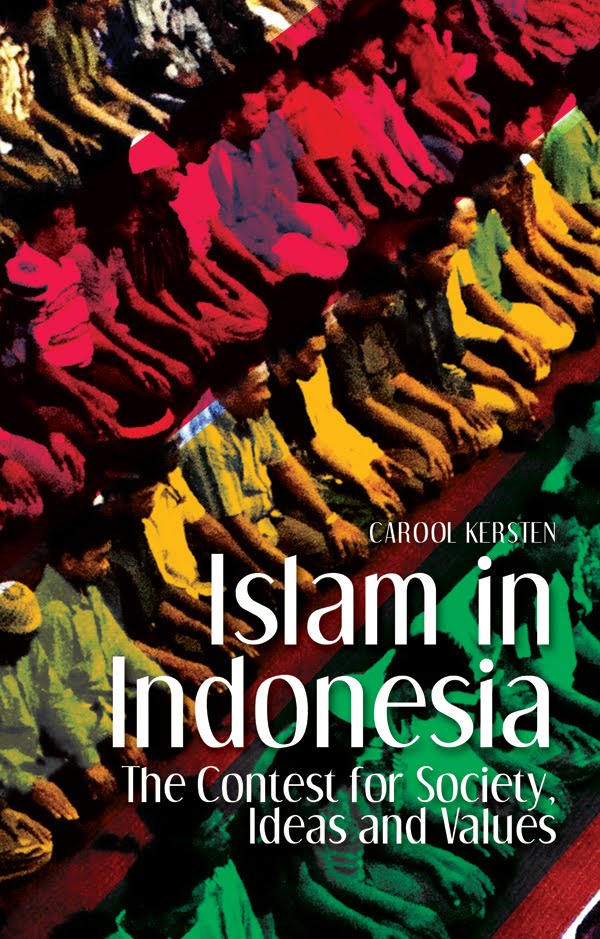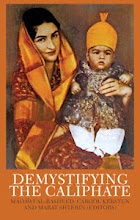 Foreign Policy Magazine has ranked Zahra Rahnavard, the wife of Mir Hossein Mousavi (see also the post of 4 July 2009), as the third most influential global thinker of the past year. Here is an excerpt from the article:
Foreign Policy Magazine has ranked Zahra Rahnavard, the wife of Mir Hossein Mousavi (see also the post of 4 July 2009), as the third most influential global thinker of the past year. Here is an excerpt from the article:for being the brains behind Iran's Green Revolution and the campaign of her husband, opposition leader Mir Hossein Mousavi.
Political scientist and Reformer | Iran
Of all the critical moments in the Iranian presidential election that captured the world's attention this year, one stands out: On June 3, incumbent Mahmoud Ahmadinejad publicly questioned the credentials of his opponent's wife, wondering in a televised debate if her Ph.D. in political science was legitimate. Furious, the 64-year-old Rahnavard staged a blazing, 90-minute news conference in which she accused the president of lying, debasing her sex, and betraying the Islamic Revolution. The attack galvanized the opposition and rejuvenated the campaign of her husband, Mir Hossein Mousavi.

Ahmadinejad should have known better. During and after the Islamic Revolution, Rahnavard had been an ardent Islamist who worked to discredit secular feminist groups. But years later, when the revolution failed to yield dividends for women, she changed course and became a driving force behind the nascent feminist movement in Iran. After she was placed on the High Council of Cultural Revolution, the body issued its first declaration in 1992 advancing women's rights. She was later fired as chancellor of Tehran's exclusively female Al-Zahra University for inviting feminist lawyer and Nobel laureate Shirin Ebadi to speak.
This year, Rahnavard's rage at Ahmadinejad drove her husband's campaign. She began stumping with him and organizing supporters through rallies, Facebook, Twitter, and text messages. Campaign posters that depicted the couple holding hands subtly hinted at the liberal reforms Mousavi would make in office; she has more explicitly said these would involve greater democratization, a stronger role for women in the cabinet, and a relaxing of Iran's notoriously discriminatory gender laws.







No comments:
Post a Comment